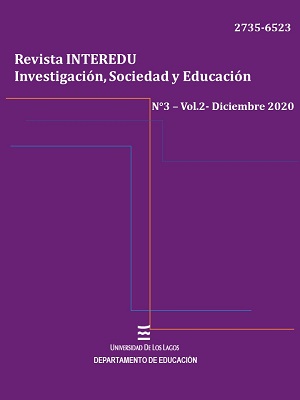Inclusive attitudes, conceptions and practices of teachers and differential educators of rural schools
Main Article Content
Abstract
The objective of the research was to describe inclusive attitudes, conceptions and practices in education, both in teachers and special educators, in rural settings in La Serena, Chile, by using a mixed research approach with a and a descriptive design. The Assessment Guide for Inclusive Practices in the Classroom (GEPIA for its acronym in Spanish) was applied to a total of 49 teachers, plus a semi-structured interview which was also applied to five Classroom Teachers and five Special Educators to collect the data needed for this research. Quantitative results revealed that teachers are at an intermediate level at the implementation of inclusive practices, while qualitative results showed that both groups present a positive attitude and good will towards self improvement, planning in the frame of inclusion, and the implementation of inclusive practices. With regard to conceptions, differences in the level of knowledge on inclusive practices between the two groups were evident. Though most teachers declared to apply inclusive practices in the classroom, they also accepted the fact that they had little training on topics related to inclusion and inclusive practices in the classroom.
Article Details

This work is licensed under a Creative Commons Attribution-ShareAlike 4.0 International License.
